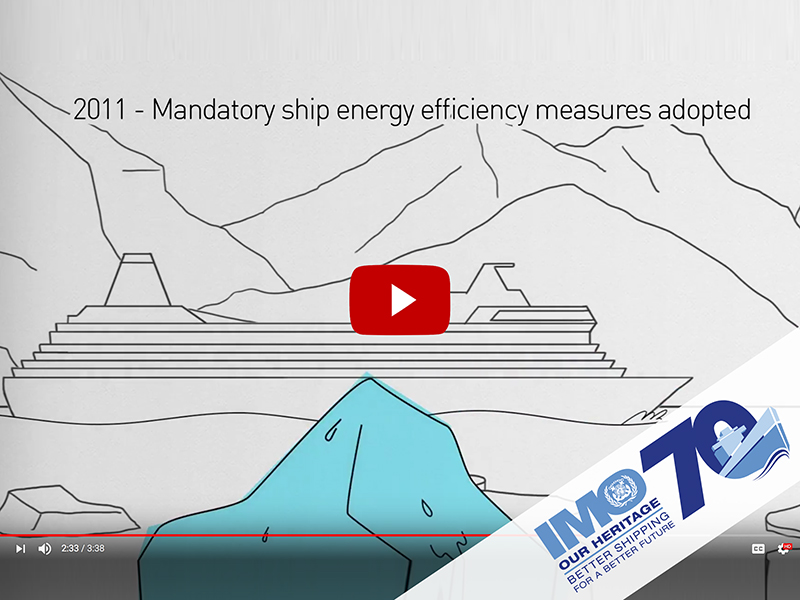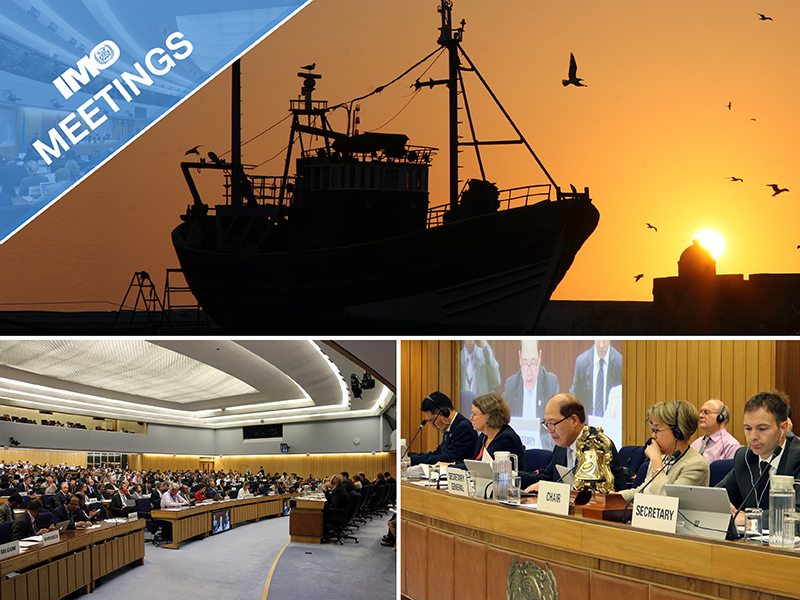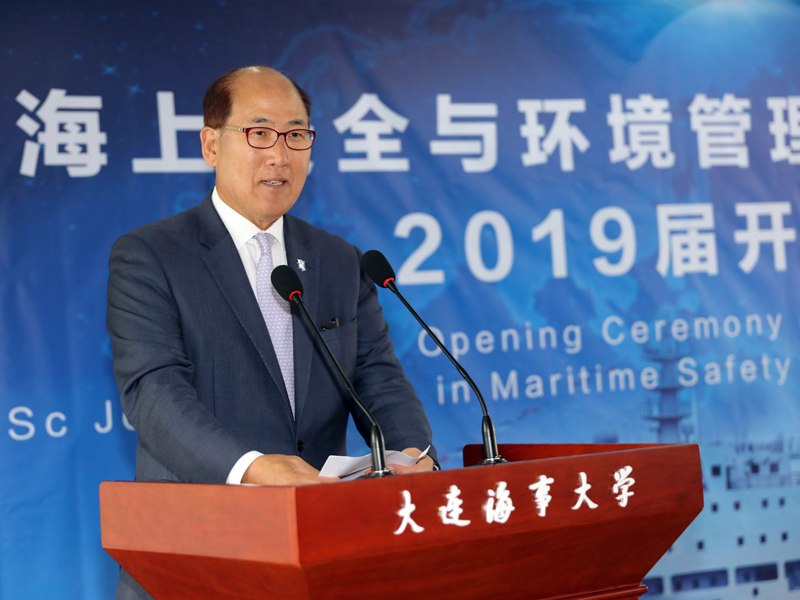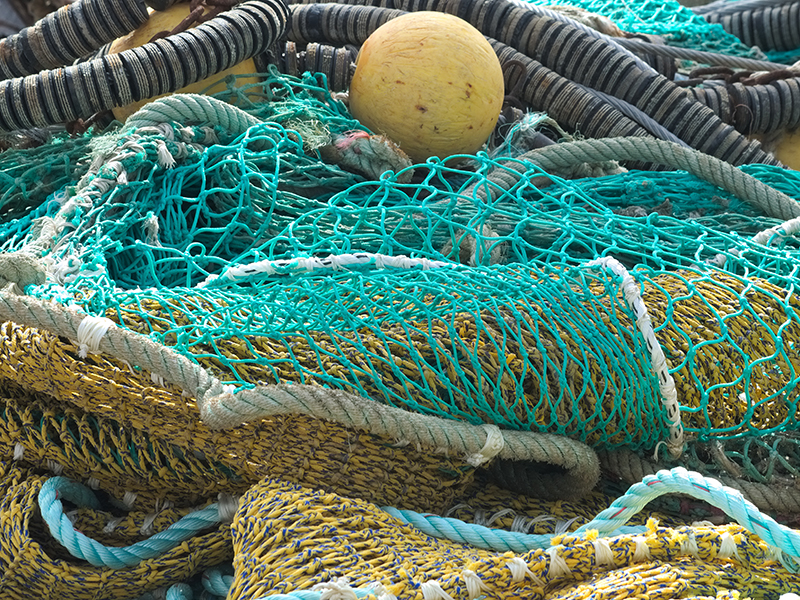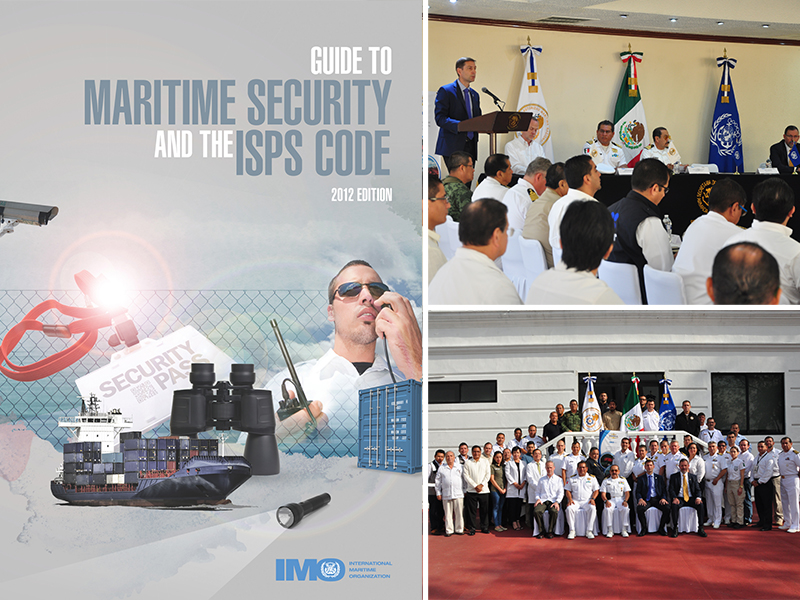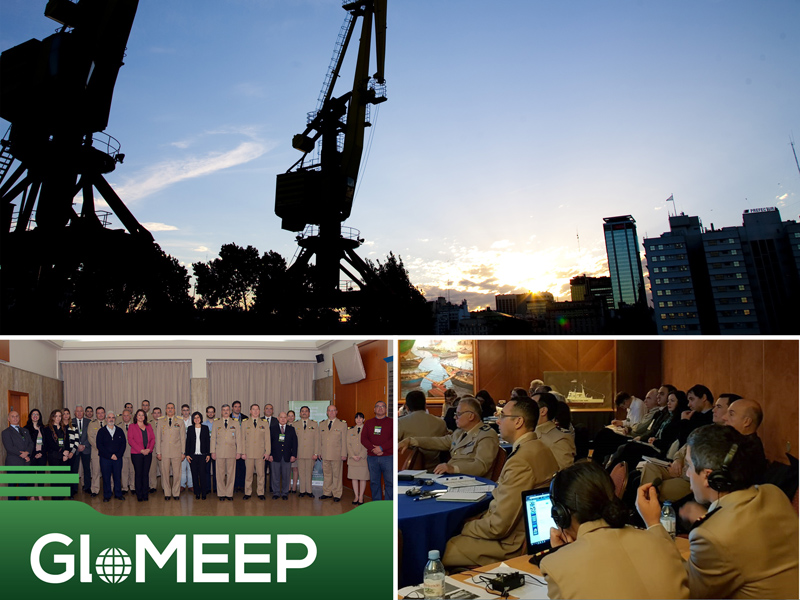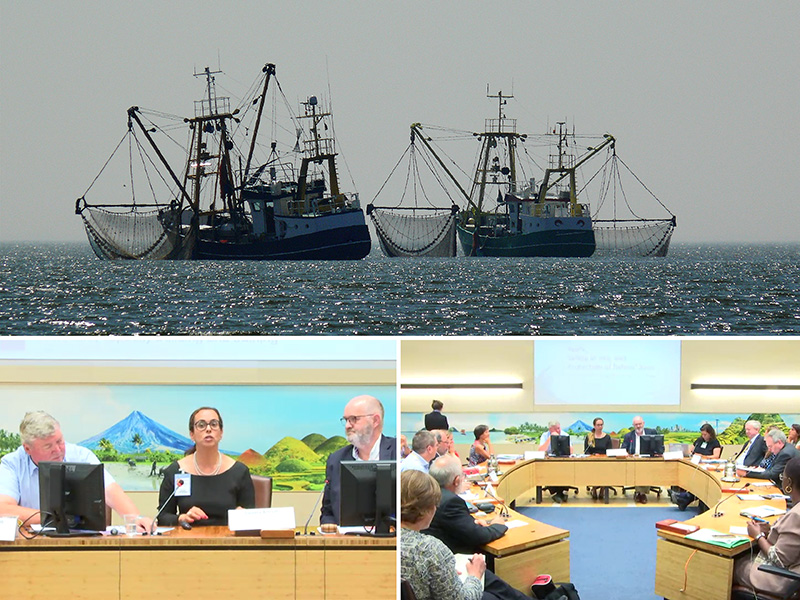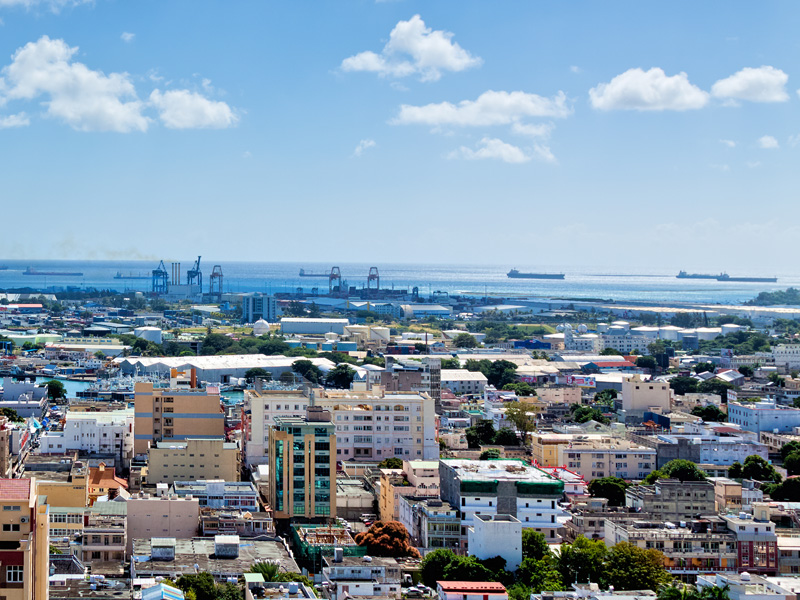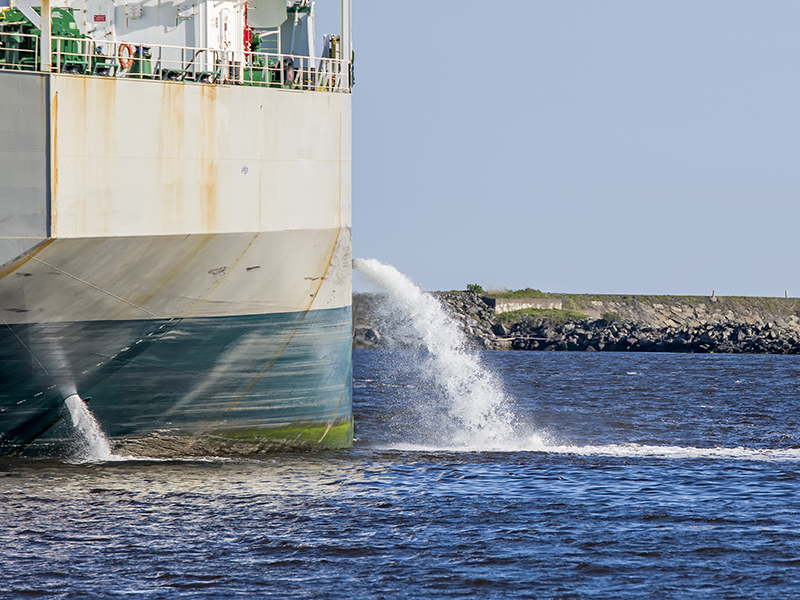Whats New 2018
Animating 70 years of better shipping for a better future
70 years of helping international shipping become safer, more secure and develop a greener environmental footprint – that's what IMO is celebrating in 2018, with a series of events and commemorative productions being released throughout the year. The latest is a short animated film which shows how IMO has developed mandatory international regulations covering almost every aspect of shipping. As a result, modern shipping conforms to the highest practicable standards and is the safest, cleanest and most efficient way to move goods around the world. more...
Minimum training standards for fishers under review
The ongoing comprehensive review of the IMO treaty on Standards of Training, Certification and Watchkeeping for Fishing Vessel Personnel (STCW-F) is set to continue this week. The Sub-Committee on Human Element, Training and Watchkeeping (HTW 5), meeting at IMO Headquarters (16-20 July), will continue its work to review the minimum standards of competence set out in the treaty in order to bring them up to date and reflect realities in the fishing industry. The STCW-F treaty was adopted in 1995 and entered into force in 2012. It is a key pillar among the international instruments addressing fishing vessel safety.
IMO head highlights key maritime issues during trip to China
First stop: the Dalian Maritime University. IMO
Secretary-General Kitack Lim marked the start of the Master's degree programme
on Maritime Safety and Environmental Management – a joint programme with the
World Maritime University (WMU) during a busy visit to China (10-11 July). Mr.
Lim told students the course will help to equip them to make their own
contribution towards achieving key IMO objectives: helping ensure shipping can
continue to serve the global population in a safe and sustainable manner. more...
Fishing gear marking can help solve marine litter problem
The marking of fishing gear will help support the implementation of IMO regulations which prohibit the discarding of such items into the sea, IMO's Fredrik Haag told the UN Food and Agriculture (FAO) Committee on Fisheries (COFI 2018) meeting in Rome, Italy (9-13 July 2018). Mr. Haag was speaking ahead of the endorsement by the COFI of the FAO Voluntary Guidelines for the Marking of Fishing Gear. The Guidelines call for all fishing gear to be marked, so that, if abandoned, lost or discarded, they can be traced back to its original owner. IMO's MARPOL Convention Annex V prohibits the discharge of into the sea of all plastics, including synthetic fishing gear. The London Convention and Protocol on dumping of wastes at sea do not permit the dumping of fishing gear at sea. more...
Mexico benefits from IMO training on port security
Being prepared in the event of a major maritime security incident is essential. To help address this issue, a maritime security training has taken place in Veracruz, Mexico (12-13 July). The IMO workshop aimed to promote a multi-agency approach to maritime security and law enforcement to improve cooperation among government departments. The event also highlighted the need for an integrated approach to the implementation of SOLAS Chapter XI-2, the ISPS Code and broader security measures. more...
Port emissions training for Argentina
IMO's work supporting countries to reduce emissions in ports has reached Argentina, the seventh country to benefit from a port emissions training package. Around 40 personnel working in the country's maritime sector underwent training on how to assess air emissions in ports and develop strategies to address emissions from different sources, at a workshop in Buenos Aires, Argentina (10-12 July). more...
Protecting fishers’ lives
IMO’s Cape Town Agreement on fishing vessel safety needs to be ratified and implemented in order to save fishers’ lives. This key message was reiterated by IMO’s Sandra Allnutt during the UN Food and Agriculture (FAO) Committee on Fisheries (COFI 2018) meeting in Rome, Italy (9-13 July). The 2012 Cape Town Agreement is aimed at facilitating better control of fishing vessel safety by flag, port and coastal States. The Agreement currently has 10 Contracting States, but needs 22 for entry into force, along with a required number of aggregate fishing vessels. more...
Supporting sulphur 2020 consistent implementation
An IMO working group is meeting (9-13 July) to develop guidelines to support the consistent implementation of the 0.50% limit for the sulphur content in fuel oil used on board ships from 1 January 2020, reducing from the current limit of 3.50% (the limit is already 0.10% in designated emission control areas). The intersessional meeting under the auspices of the Sub-Committee on Pollution Prevention and Response (PPR) will work on developing some very detailed guidelines to support consistent implementation of the 0.50% limit. more...
Monitoring and enforcement of Ballast Water Convention
Identifying organisms and microbes in ballast water, as well as monitoring port marine life where ballast water may be released, are key for countries preparing to enforce IMO's Ballast Water Management Convention. The treaty entered into force globally on 8 September 2017 and aims to counter the threat to marine ecosystems by potentially invasive species transported in ships' ballast water. more...
